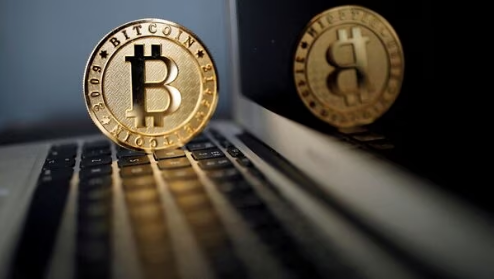Bitcoin (BTC) obtained an essential authorized judgment from the Civil Division of the Seoul Excessive Courtroom, which concluded that it shouldn’t be categorised as cash.
This important transfer exempts the main cryptocurrency from adhering to South Korea’s lending enterprise laws, and it successfully declares that customary guidelines governing rates of interest don’t apply to BTC.
This choice, as reported by the interpretation of a native press article of Hangkyung, claims that present legal guidelines concerning curiosity restrictions and lending firms don’t prolong their jurisdiction to cryptocurrencies.
Background to the case and litigation
In a latest court docket case in South Korea, the Civil Division of the Seoul Excessive Courtroom issued a exceptional ruling concerning the standing of Bitcoin and its therapy underneath lending laws. Particulars of the case haven’t been disclosed for authorized causes, with the events concerned being known as Firm A and Firm B.
Based on the court docket proceedings, Firm A entered into an settlement with Firm B in October 2020, through which the previous would lend 30 BTC to the latter for a interval of three months. The phrases of the settlement stipulated an rate of interest of 1.5 BTC for the primary two months and 0.75 BTC for the final month.
Bitcoin loses just a few hundred and now at $30,250. Chart: TradingView.com
Nonetheless, Firm B failed to meet its obligations underneath the unique phrases, leading to an extension of the contract to April 2021. As a part of the extension, the curiosity situation was revised and Firm A would now obtain 0.246 BTC per 30 days, equal to an annual rate of interest of 10%.
Subsequently, Firm B filed a lawsuit towards Firm A, alleging that the rate of interest modifications violated the Curiosity Limitation Act and the Loans Act. The defendant argued that Firm A violated these legal guidelines by altering the agreed charges.
Courtroom ruling on the applicability of bitcoin lending legal guidelines
In response to the arguments offered, the court docket dismissed Firm B’s claims. The court docket explicitly said that the contract in query concerned digital belongings, particularly Bitcoin, moderately than conventional forex. Due to this fact, the court docket concluded that the laws set out within the Curiosity Limitation Act and Lending Enterprise Act didn’t apply to this specific case.
Moreover, court docket officers went additional by stating that “the subject material of this contract is digital belongings, not cash, so the Curiosity Restraint Act and the Business Lending Act don’t don’t apply”. In essence, which means it isn’t doable to impose rate of interest limits when lending Bitcoin, in response to the present authorized framework within the nation.
Underneath South Korea’s authorized system, events concerned in a case have the flexibility to problem a verdict twice, permitting Firm B to doubtlessly problem the choice within the nation’s highest court docket, the Supreme Courtroom. supreme.
Featured picture from Reuters
